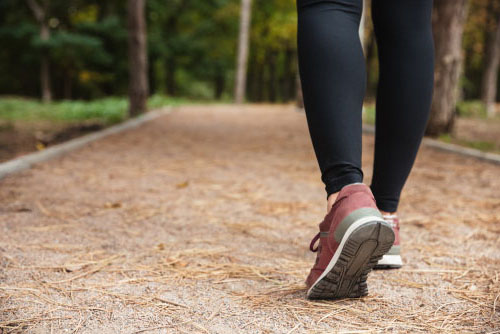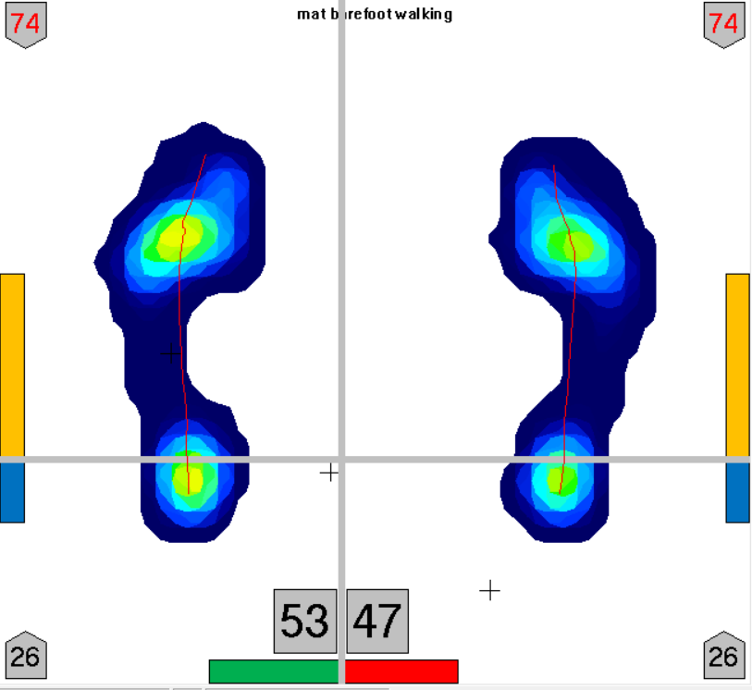Mobility: why does it matter?

What does mobility mean to our patients?
As a podiatrist who specialises in biomechanics, Fran has treated many people over the years with long term conditions that restrict a person’s ability to undertake their normal activities or even walk.
Not only can restrictions in mobility make daily life difficult; losing mobility also has a social and psychological impact. Fran has had many people speak to her about their sense of sadness for the loss of those activities that they once enjoyed and their loss of independence and well-being.
Reasons why movement can become more difficult
While it is important to acknowledge the functional and social impact, it is also important to recognise the physical changes in the body that can occur when mobility is restricted.
People with lower limb oedema (swelling) or problems with the veins in their legs often shorten their steps and reduce their walking speed walking. It is also common for them restrict their activities or to walk shorter distances due to pain or adjust the way they are walking to avoid pain.
This has a huge impact on the ‘pumps’ in the feet and legs that help move fluid out of their legs. These small adjustments in walking and/or reduction in activities can, over time, increase the swelling in their legs and lead to permanent changes in how they walk.
This can in turn lead to changes in the skin that diminishes the protective skin barrier, restricts the movement in joints and increases the risk of leg ulceration and cellulitis. These physical changes can then lead to an increased risk of falling.
Assessing a person’s mobility is often overlooked within leg wound care and lymphoedema management, but at Accelerate, we strive to always include this as part of the care we offer our patients.
The importance of assessment
One of the cornerstones of care is to help people maintain and increase mobility through performing a full biomechanical assessment. This includes observing walking and objectively testing balance and walking with our innovative pressure mat technology.
 With this information we can formulate a bespoke management plan for our patients that will help them understand their condition, give footwear advice, exercises, and provide them with foot orthoses (where required) to help enhance mobility.
With this information we can formulate a bespoke management plan for our patients that will help them understand their condition, give footwear advice, exercises, and provide them with foot orthoses (where required) to help enhance mobility.
We also, when required, refer to other clinicians who can help with mobility issues or investigate concerns around falling.
The benefits of improving mobility
Improving the mobility of our patients at Accelerate is vital. Maintaining good leg and foot health enables them to enjoy the activities that help to give them a sense of well-being. One of our patients said:
After changing my shoes and wearing these insoles I can walk for longer, even my family have noticed a difference